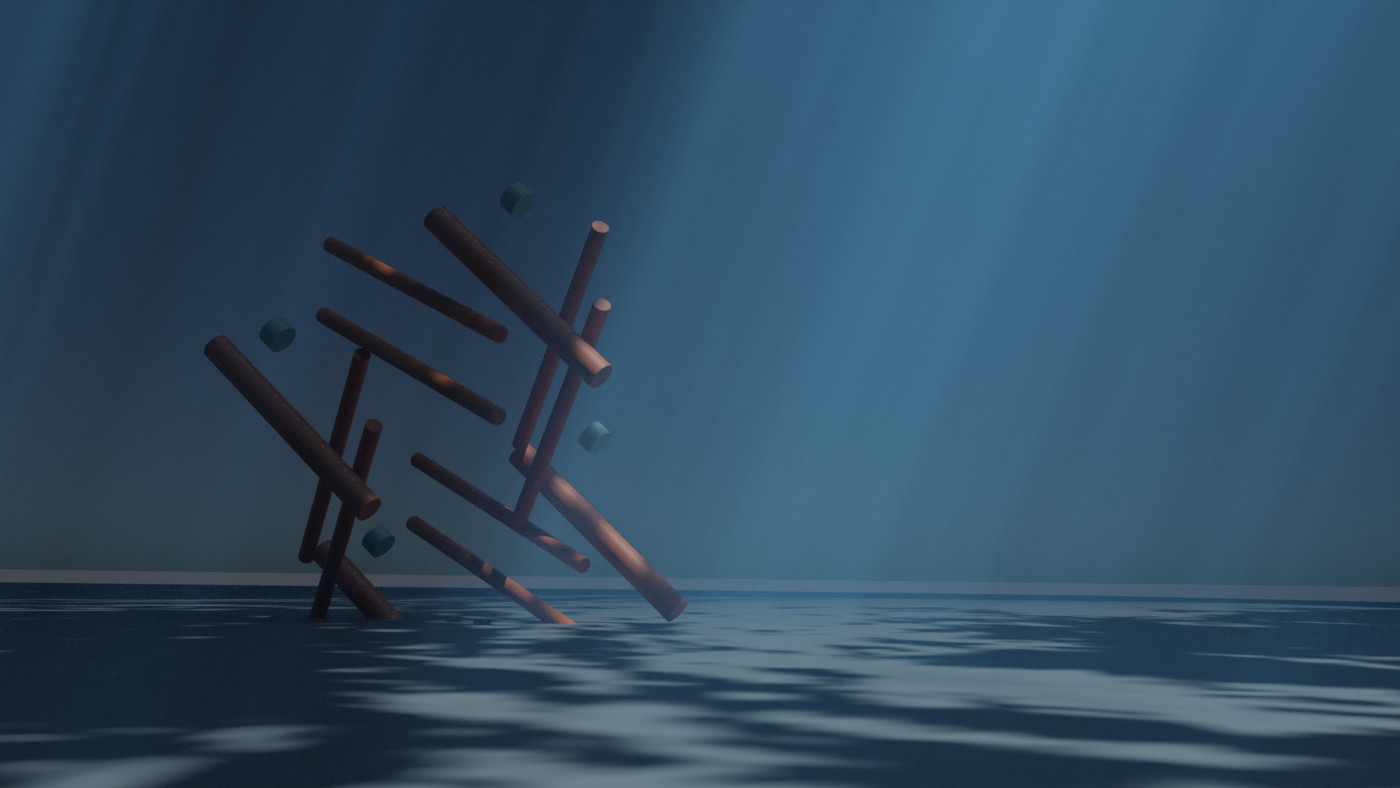 Agenda
Artikelen
Programma
Agenda
Artikelen
Programma

This is the second of a series of exploratory essays. With which I aim to connect the dots of my artistic practice and research endeavours.
Heat cannot become heat again, and that “is the only basic law of physics that distinguishes the past from the future.”1
– Carlo Rovelli
Being in the city where I spent five years of my young adult life is mesmerizing. I recognize places, and rediscover the streets without necessarily knowing where I am going. Breda is different and strangely the same, most people I knew here left and most of my friends who stayed have children now. On almost every corner I feel like I have been there before. I remember riding my bike in the dark to the glitter round-about, my usual route to go to the art academy, and I think I found the street where we had our first artist-collective: BOM Ateliers – five studios in an abandoned post-office.
It leaves me with a feeling of awe and a gentle warmth, it all seems so distant, experienced by someone I was a long time ago. I could probably go anywhere here, and have layers of spatial and emotional memories pop up. While biking around I can feel my body remembering the corners, crossings and the snow – somehow when I look around I most vividly recall the surroundings with a layer of snow.
“[…] no one can simply “remain the same”, as it were, “without doing anything”. To remain, one needs to pass – or at all events to “pass through – something we shall call a TRANSLATION.””2
– Bruno Latour
As our bodies are continuously moving to stay in the same place, our nervous systems are continuously recalibrating while categorizing the information our senses continuously detect in our surroundings. As stalagmites3, our cognition collects material, stacking it, forming a body that can persist, and needs a vast amount of time to develop and grow. Each stalagmite is different, depending on the intervals and the components of the dripping matter. As my body follows the rhythm of experiences, stalagmites follow the rhythm of falling drops – each having their own sense of time.
Intensity can make things appear as a fraction of a second or an infinite vastness. Earlier this year I got stuck in New Zealand, the people I stayed with were Portuguese, and even though I can grasp parts of the language, I had no idea what they were talking about. In the process of accepting my new life on the other side of the world I felt my brain shifting. While observing this process, I realized that everything that had happened before was slowly getting blurry, pushed to the background by this experience.
Disasters loosen the bonds with the past, and create space to imagine the future.4
– Rebecca Solnit
Now, half a year has passed, and I am observing myself rediscovering my own memories in the stories of others. The retelling of our own stories with the stories of others enables us to see connections outside of our own established framework of anchor points. It brings about the multiplicity of any story and our individual strategies to arrive at linearity, wherein cause and effect dynamics create meaning. Abstract facts do not change our minds, what has an impact on our reasoning are experiences and our attempts to formulate connections.5 When events happen one after the other in close proximity our minds draw connections6, applying visual and emotional cues that serve as anchor points. In the act of unconsciously connecting the anchor points, the framework for our reality develops – an (individual) experience of the world.
Every time I retell my stories they start anew and change, I am choosing different words, just a slightly different angle, and thereby a multitude of directions to move the story toward opens up. I am observing my interpretations of the past, and expectations and predictions of the future shift through this process of continuously formulating new connections.